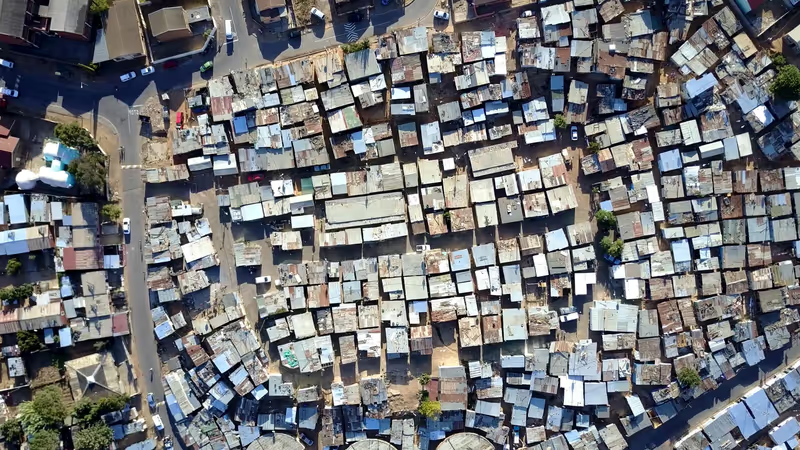| Student: | Z. He |
|---|---|
| Timeline: | October 2022 - 30 September 2022 |
Formality refers to the official rules, norms, and institutions that govern urban planning and development, while informality refers to the practices, processes, and spaces that are not regulated or controlled by the formal rules and institutions of the state or the market. Formality and informality are concepts that describe the extent to which the urban environment and its inhabitants follow or deviate from certain rules, norms and standards. Formality and informality are not mutually exclusive but rather exist in a dynamic and complex relationship that shapes how individuals and appropriate the spaces that they occupy and inhabit, thus influencing the dimensions of the built environment in urban settlements. The concept and practice of place-making aim to create and improve spaces that enhance people’s quality of life and identity.
Previous studies discuss how place-making has been influenced by either formal or informal practices. They mainly focus on what is the relationship between formality and informality, and how informality influences place-making strategies. However, there is little discussion about the interaction between formality and informality and how these interactions influence place-making strategies to shape different types of spaces. This study will address this gap by a case study, in particular the case of Huifang, China.
This research will take Huifang as a case. Huifang, a settlement in Xi' an, China, is influenced by its unique location, history, religious groups and other factors. The formality and informality in Huifang appear to be different in many aspects and practices. The influence of informality on place-making strategies also shows the vibrant features of Huifang. Huifang is a good case to understand how formality and informality influence place-making strategies because they show how different actors and practices interact and coexist in the same space, creating a dynamic and hybrid urban environment.
By analyzing the case of Huifang, I aim to understand the interactions between formal and informal practices and explore how place-making strategies shape different types of spaces. This study will discuss the topics of the following activities and spaces: street vending activities, public spaces and residential areas. For public spaces, residential areas and transition spaces, this study will explore what are the place-making strategies adopted by street vendors and residents in spaces, and what are the interactions between formality and informality in different spaces, and how formal and informal practices influence place-making strategies.
This study will help understand the complex interactions between formality, informality, and place-making strategies in urban settlements, and how they coexist and interact to influence place-making strategies which shape different types of spaces. These can provide different insights for policymakers, planners, and researchers to promote more inclusive and sustainable urban settlements.






